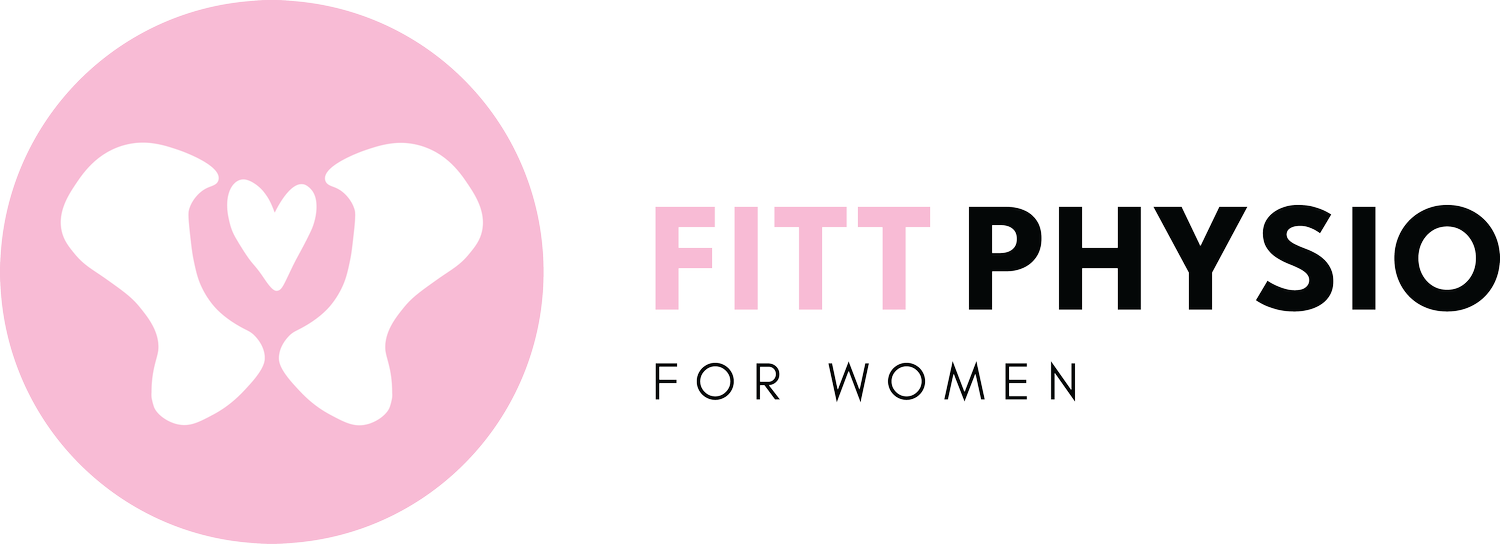
POSTPARTUM
ABDOMINAL SEPARATION
Understanding Rectus Diastasis and Postpartum Assessment
Rectus Diastasis: Rectus diastasis, also known as abdominal separation, refers to the gap between the two halves of the rectus abdominis muscles (often referred to as the ‘six-pack’ muscles) that can occur during and after pregnancy. This separation happens as the uterus expands and stretches the connective tissue (linea alba) between these muscles.
Why It Matters:
Concerns: Many women are concerned about rectus diastasis because it can affect abdominal strength and core stability. Addressing it properly can contribute to better overall function and reduce the risk of related issues.
Assessment and Evaluation:
Abdominal Separation Assessment: During this assessment, our physiotherapists will evaluate the gap between the ‘six-pack’ muscles, measure the tension between them, and assess how you control intra-abdominal pressure.
Initial Postpartum Pelvic Floor Consultation: This consultation also includes an evaluation of rectus diastasis as part of a broader assessment of your pelvic floor and abdominal health postpartum.
What to Expect:
Assessment Outcomes: Based on the results of your assessment, our physiotherapists will determine if you require further rehabilitation.
Rehabilitation Guidance: If needed, we will guide you through a tailored rehabilitation program designed to improve muscle function, reduce the gap, and enhance abdominal strength and stability.
If you have concerns about rectus diastasis or would like a thorough evaluation, consider scheduling an ‘Abdominal Separation Assessment’ or an ‘Initial Postpartum Pelvic Floor Consultation.’ Our physiotherapists are here to help you navigate postpartum recovery and achieve optimal abdominal and pelvic health.
4-6 WEEK PELVIC FLOOR ASSESSMENT
Initial Postpartum Pelvic Floor Consultations
Our ‘Initial Postpartum Pelvic Floor Consultations’ are typically scheduled between 4-6 weeks after birth. This timing allows for an in-depth assessment of your recovery and addresses any concerns related to your pelvic health.
What to Expect During Your Appointment:
Detailed Health Questionnaire: Your physiotherapist will ask questions about various aspects of your pelvic health, including:
Bladder and bowel function
Sexual function
Symptoms of prolapse
Exercise history and current activity levels
Assessment Components:
Abdominal Separation: Evaluation of the gap between your ‘six-pack’ muscles (rectus diastasis) to understand the extent and impact on your recovery.
Pelvic Floor Muscle Function & Anatomy: Examination of your pelvic floor muscles to assess strength, coordination, and any potential issues.
Discussion and Guidance: Based on the outcomes of your assessment, your physiotherapist will:
Discuss any identified concerns or issues
Guide you through a personalised rehabilitation plan
Provide exercise clearance, ensuring that any recommended exercises are appropriate for your current stage of recovery and anatomical condition.
Important Notes:
Exercise Clearance: While clearance from your obstetrician or GP at your 6-week postpartum check-up is important, it does not necessarily mean you are ready to return to all types of exercise. A specialised assessment ensures that your body is prepared for specific activities and helps prevent potential issues.
Our goal is to support your recovery comprehensively, ensuring that you can safely and effectively resume physical activity and maintain optimal pelvic health. If you have any questions or concerns about your postpartum recovery, please contact us to schedule your consultation.
RETURN TO EXERCISE
Safely Returning to Exercise with Pelvic Floor Rehabilitation
Rehabilitation of your pelvic floor is crucial for a safe return to exercise after childbirth. Working with a Pelvic Floor Physiotherapist can support your recovery and ensure you resume physical activity effectively.
Reasons to See a Pelvic Floor Physiotherapist:
Urinary Incontinence: Affects 2 in 3 women after birth (Continence Foundation Australia, 2019). A physiotherapist can help manage and treat this condition.
Pain During or After Sex: Can affect up to 62% of women after childbirth (Rosen & Pukall, 2016). Addressing this pain with a physiotherapist can improve comfort and intimacy.
Pelvic Organ Prolapse: Affects 50% of women after one vaginal delivery (Continence Foundation Australia, 2019). Physiotherapy can help manage and rehabilitate this condition.
Introducing Rachel’s 12-Week Postpartum Exercise Program: FITT BEYOND PREGNANCY
Rachel’s exclusive 12-week postpartum exercise program, Fitt Beyond Pregnancy, is designed to help you safely return to exercise at any stage postpartum—whether it’s one week or two years after giving birth. This program is grounded in the latest evidence to support a smooth transition back into regular physical activity.
Program Highlights:
Safe Reintroduction to Exercise: The program is tailored to accommodate your individual recovery and readiness, ensuring you progress safely.
Evidence-Based Approach: Based on the most current research to help you rehabilitate effectively and prepare for everyday exercise.
Adaptable Timing: Start the program whenever you feel ready, with guidance and adjustments provided based on your postpartum condition.
If you’re looking to safely return to exercise while addressing postpartum concerns, Rachel’s Fitt Beyond Pregnancy program offers a structured and supportive approach. For personalised guidance and to address any specific pelvic health issues, consider consulting with one of our Pelvic Floor Physiotherapists.
